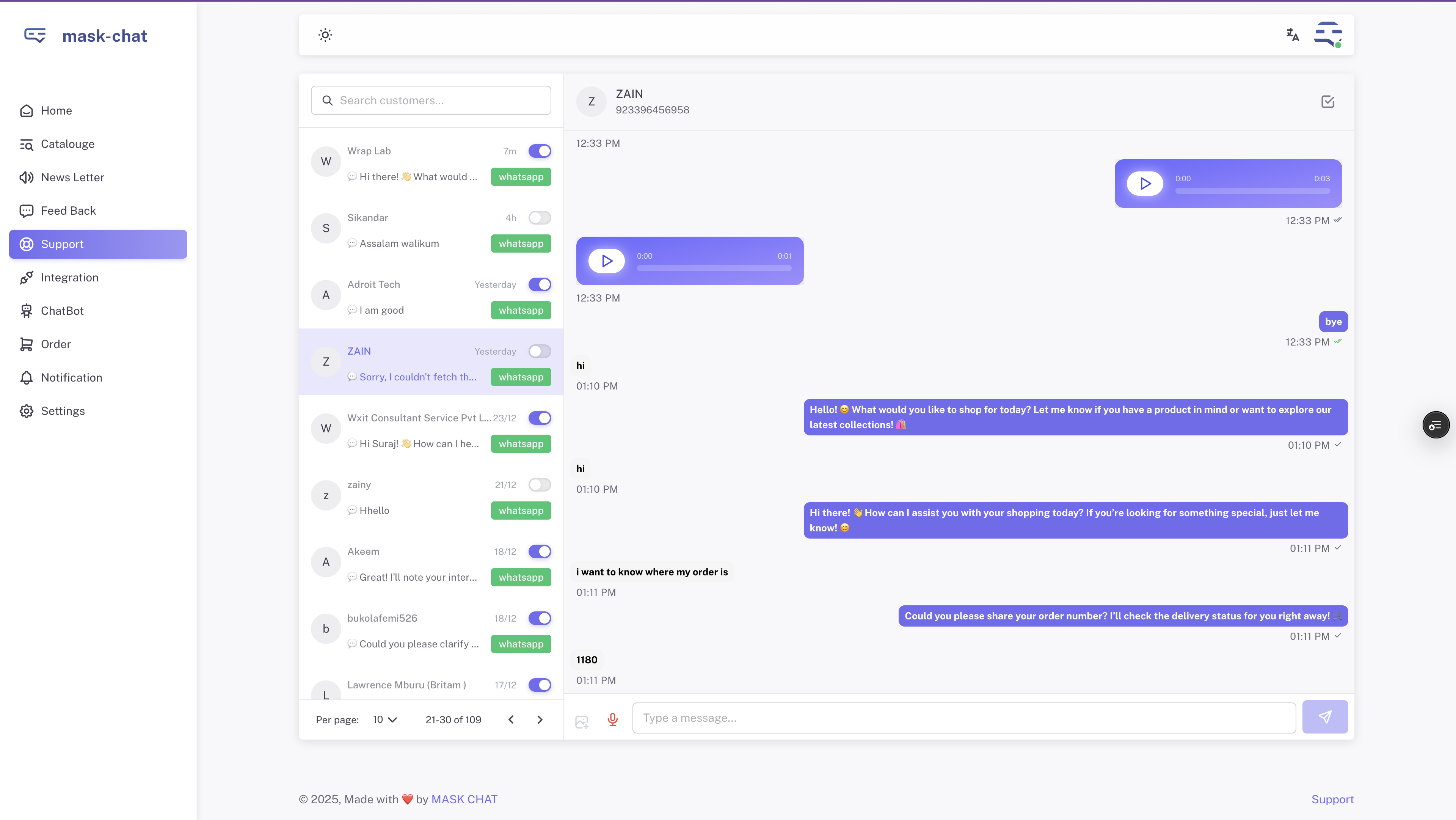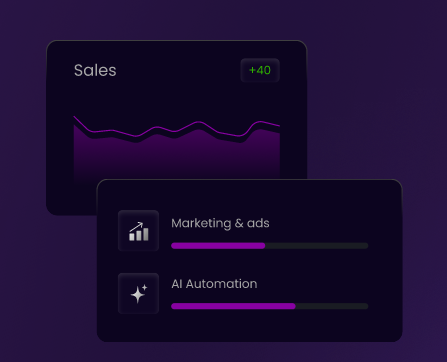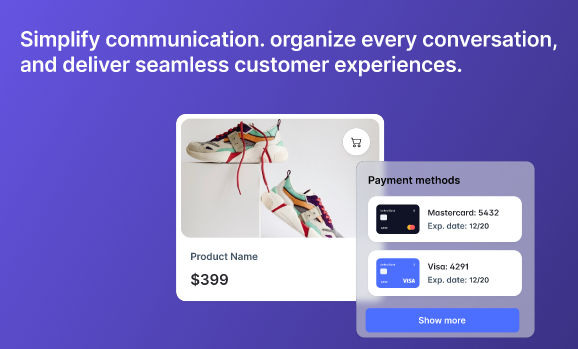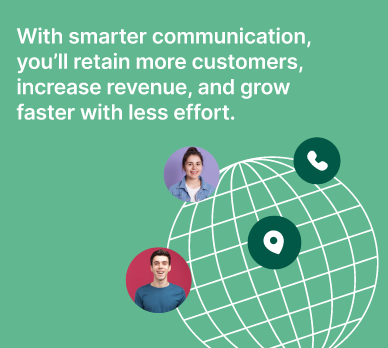One Chat. Endless Conversations.
Maskchat powers your customer conversations with AI — instant, secure,
and at the ready wherever your customers message you.

Hospitality & Travel
Enable instant bookings, reminders, and customized guest experiences via WhatsApp.
Read MoreHealthcare
Streamline patient communication through automated appointment reminders and instant assistance.
Read MoreReal Estate
Win buyers instantly with automated property inquiries, updates, and booking confirmations.
Read MoreClose more leads, less effort

With Maskchat, your team can:
Reply Instantly and keep prospects engaged.
Follow Up Automatically to boost response rates.
Stay Organized with every chat in one place.
Instant Support
Be present where your customers are — responsive, reliable, and real-time on WhatsApp.
- Round-the-clock automated help
- Seamless collaboration across your support team
- Response times your customers will remember


WhatsApp for Marketing
Maskchat helps you reach customers where they already are — on WhatsApp.
- Reach 90%+ of Your Audience with high open rates
- Create Campaigns Faster with easy to use message templates
- Build Your Contact List through
- Boost Conversions with interactive, CTA driven messages
Transform the way your
business communicates


See What Our Customers




Are Saying About Maskchat

"Maskchat streamlined our trial setup process — saving us weeks in site onboarding!"


"Reliable, efficient, and easy to use. Maskchat is essential for us."


"The automation features have transformed our workflow, making everything faster."


"With Syncora, we've reduced compliance issues significantly. It's a game-changer!"


"The automation features have transformed our workflow, making everything faster."

Frequently Asked Questions
What is Maskchat?
How does Maskchat help with lead conversion?
Can Maskchat automate my WhatsApp marketing?
Does Maskchat integrate with platforms like Shopify?
Which industries benefit from Maskchat?

Ready to Transform Your
Customer Conversation?
Leave your contact details and get a free demo to see how Maskchat automates, organizes, and elevates every chat.
Get Started Today